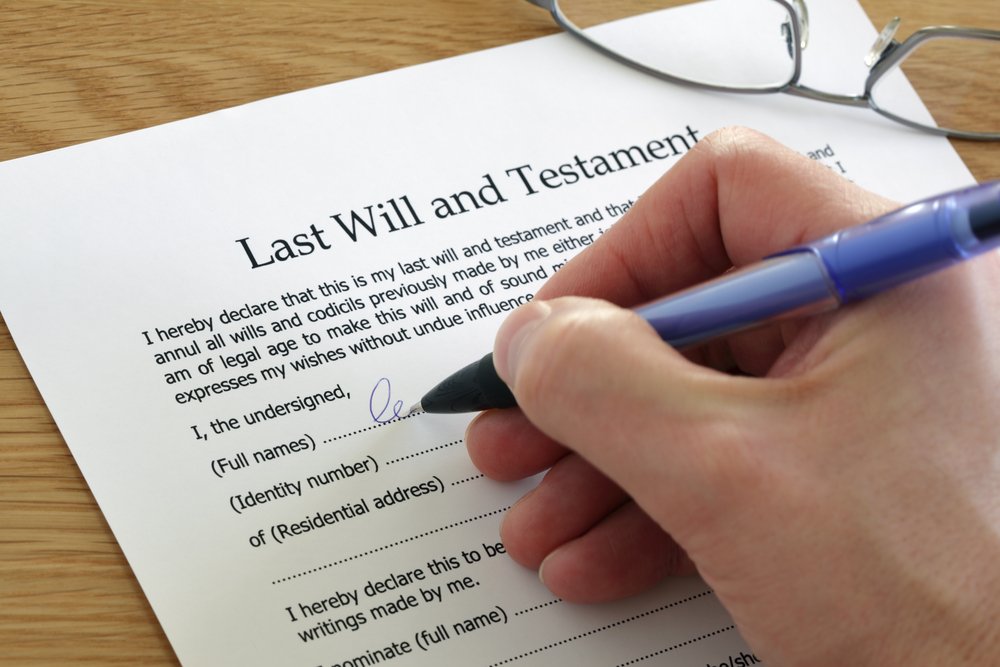Five Reasons to Have a Will
Your will is a legally-binding statement directing who will receive your property at your death. It also appoints a legal representative to carry out your wishes. However, the will covers only probate property. (Probate is the court process by which a deceased person's property is passed to his or her heirs and people named in the will.) Many types of property or forms of ownership pass outside of probate. Jointly-owned property, property in trust, life insurance proceeds and property with a named beneficiary, such as IRAs or 401(k) plans, all pass outside of probate.
Posted on January 28, 2021

Why should you have a will? Here are some reasons:
- With a will you can direct where and to whom your estate (what you own) will go after your death. If you died intestate (without a will), your estate would be distributed according to your state's law. Such distribution may or may not accord with your wishes. Many people try to avoid probate and the need for a will by holding all of their property jointly with their children. This can work, but often people spend unnecessary effort trying to make sure all the joint accounts remain equally distributed among their children. These efforts can be defeated by a long-term illness of the parent or the death of a child. A will can be a much simpler means of carrying out one's wishes about how assets should be distributed.
- Wills make the administration of your estate run smoothly. Often the probate process can be completed more quickly and at less expense to your estate if there is a will. With a clear expression of your wishes, there are unlikely to be any costly, time-consuming disputes over who gets what.
- Your will is the only way to choose the person to administer your estate and distribute it according to your instructions. This person is called your "executor" (or "executrix" if you appoint a woman) or "personal representative," depending on your state's statute. If you do not have a will naming him or her, the court will make the choice for you. Usually the court appoints the first person to ask for the post, whoever that may be.
- For larger estates, a well-planned will can help reduce estate taxes.
- A will allows you to appoint who will take your place as guardian of your minor children should both you and their other parent both pass away.
Filling out a worksheet will help you make decisions about what to put in your will. Bring it and any additional notes to your lawyer and he will be able to efficiently prepare a will that meets your needs and desires.
More from our blog…
What You Should Know About Long-Term Care
Research shows that roughly one in seven adults aged 65 or older will need long-term care at some point in their later years. Meanwhile, tens of millions [...]
Understanding Medicaid: What Does Medicaid Cover?
In the complex and frequently changing landscape of health care in the United States, Medicaid stands out as a vital program. Since 1965, it has [...]
Elder Financial Abuse: How an Elder Law Attorney Can Help
Elder financial abuse is a significant issue affecting many older adults nationwide. It involves someone exploiting or misusing an older person’s finances or assets for [...]
Does Medicare Cover Prescription Weight Loss Drugs?
Americans have a growing appetite for prescription drugs such as Ozempic, Wegovy, and Mounjaro. Originally developed to treat Type 2 diabetes, they are now exploding [...]
Recent blog posts

FREE WEBINAR
5 Things to Know About
Estate Planning
When You Turn Sixty-Five





